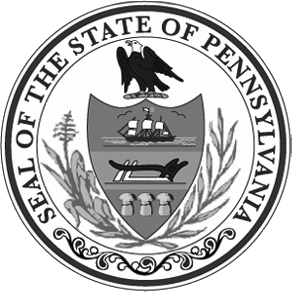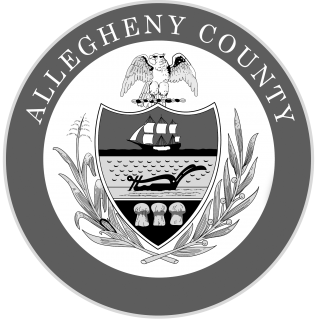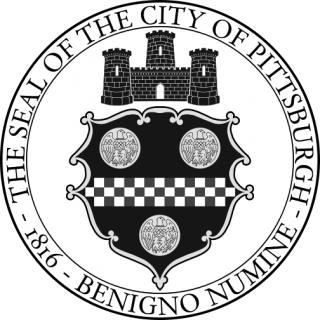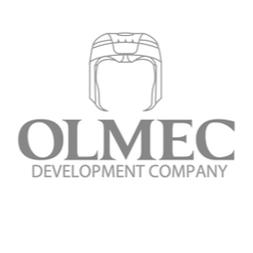making black history: lower hill Redevelopment Associate architect, graves design group, LLC2/28/2022 Hear from Howard K. Graves Jr., AIA, NCARB, President and Senior Principal of Graves Design Group LLC (GDG), the largest and oldest African-American owned architectural firm in all of Western Pennsylvania!
How did you get involved in the LHR project? You might say, I have been involved since before LHR even started, through its various iterations, and remain involved today. I served on the Historic Review Commission (HRC) when in the 2000’s the decision on the fate of the Civic Arena was made. So from a professional standpoint, I believe my experience on the HRC as both an architect and board member was seen as an asset to developers. Perhaps, a way to bridge the gap that existed between those who wanted to preserve the Civic Arena and those who wanted to start with something new. I also lived briefly in the Hill as a child and returned as an adult to do selective work there as an architect. People, families know me on the Hill and I know them. On top of that, my firm is the oldest and largest African-American owned architectural firm in the city. So, I believe I was a unique fit for developers looking to bring all of these aspects to the development. Everyone familiar with the development knows it has been a struggle to get all of the right pieces in place and several iterations, developers, etc. to get it right. That is why I was very grateful to receive the call from the current developer, The Buccini/Pollen Group (BPG) who invited us to participate on their team! Somehow, through all the iterations, our firm still fit in the puzzle! I could tell by the way BPG conducted business that “it was for real this time”. We began our relationship with BPG by submitting a proposal for design of Block E (the music venue) but when that portion of the development was suspended due to Covid-19, we thought we would again be sidelined. However, BPG asked if we might be interested in working with Gensler who was the architect on the FNB Financial Center since that project was moving forward. We said, yes, and soon were in talks with Gensler who was extremely gracious and accommodating in bringing us on as Associate Architect. What is your role in the project? Officially, Associate Architect. Practically speaking, we are an integral part of Gensler’s design team with work that includes collaboration with their staff and areas where we take more of a lead. We are involved in all phases with emphasis in architectural support, fire & life safety, parking consultation, acoustics, stair tower design, entitlements, etc. We also participate in weekly meetings, have interaction with the developer, and represent the Team in interactions with the city. What impact will your work have on the project? I believe our firm’s work brings a valuable level of expertise regarding parking and zoning/building code entitlement issues, from an architectural perspective, as well as unique of the Hill District, doing business with the city of Pittsburgh offices having jurisdiction over this project, and the fact that as the largest African-American owned architectural firm in the city, we are helping the project reach its diversity goals. Why is this work important for the Hill District? Black community? Independent studies have confirmed what the Black community has known for decades; that there is a huge disparity in economic opportunity for Blacks in Pittsburgh vs. other residents. Whether you are comparing individuals, similar businesses, or sectors. Blacks have not benefitted from the city’s growth to the same level. In the building industry, most of the focus has been on finding minority/women subcontractors and while that is very important, I always thought there was low-lying fruit in earlier phases of a development; during design. I feel the design phase is the first step where inclusion could get off to a good start. Or, be skipped and fall behind. I applaud the Hill District leaders and the Black community for fighting for inclusion in all phases including developer, designer, contractor, operator. As an extension of the Black community, I feel our work, particularly the level to which we are a part of the design speaks volumes for the new precedent being established. The box marked inclusion for design is “checked”. This validates all the sweat equity put in by Black leaders and signifies the start of a new era. Based on my experience in the design phase, I believe the developer will continue to succeed during the construction phase. Words of wisdom or how do you personally stay motivated when faced with adversity? Know yourself and your true value to society. Don’t be afraid to dream, fantasize, and plan your future. Strive to improve through continuous learning and experience. Celebrate success and learn from failure. Continuously calibrate yourself in life, to help you stay on your path. In life, there will be people who are allies and adversaries who are both in a position to judge you and affect your life without knowing you. Stay positive and believe in yourself. Accept help from the allies around you to help navigate obstacles along the way. What organizations are you a part of or passionate about? Why? As a founding member of Pittsburgh’s African American Chamber of Commerce (AACC), I would say that this organization has been important to me. I graduated from a prestigious university with a BA degree in architecture. My classmates were on a sure path to professional success that was to be almost expected as a graduate from Carnegie Mellon University. But I was different; I was an anomaly simply because I was Black in the 1970s. There was really now established path to follow. I wasn’t invited to the participate in the same opportunities that my fellow classmates were and so their careers were moving at a faster pace. At the time, there was one Black owned architecture firm in the city with any marginal success. I knew I had to do more than just graduate and get hired. I needed to create opportunities for myself. In forming the local chapter of the AACC with other founding members, we believe we could lay the groundwork for support in the city of Pittsburgh for the Black community. My struggle to achieve equal opportunity in business has been in parallel with the struggle the AACC has faced for the Black community at large. Studies show that advocacy groups that support other marginalized groups have had a higher rate of success over the years but I feel the Black community advocate is gaining ground. I suppose I will remain passionate about AACC and groups like it that advocate for equality until they are no longer needed because equality is achieved. About Howard K. Graves, Jr., AIA, NCARB - President, Principal in Charge, Graves Design Group, LLC A Carnegie-Mellon University graduate and native of Pittsburgh, Pennsylvania, Howard K. Graves, Jr. is senior principal of Graves Design Group LLC (GDG), which happens to be the largest and oldest African-American owned architectural firm in all of Western Pennsylvania. He has decades of experience on hundreds of projects in University/Education, Parking Facilities, Multi-purpose Facilities, Offices, Monuments, Residential, Medical, Historic Preservation, Retail, Commercial, and more. Howard began his distinguished career in the 1970’s, where he worked for the Urban Redevelopment Authority of Pittsburgh. There, he was project manager on a large-scale restoration of the city’s historic Manchester Community. By 1988, he started his own firm in the Homewood, providing skilled jobs for members of the community as he focused on urban community projects throughout the city. Soon, he began receiving project awards and personal recognition for his expertise; he was a mayoral-appointed board member of Pittsburgh’s Historic Review Commission in the 1990’s and served there for 15 years, where he played an important role in determining the eligibility of historic designation status for buildings throughout the city. He also served 2 terms on the Pennsylvania Architectural State Licensing Board. Another key development in Howard’s business came in the early 2000’s when his firm purchased the 6th floor of the Benedum-Trees Building, to relocate its headquarters in Pittsburgh’s downtown business district. This move from being a neighborhood business to a downtown firm positioned it to compete with larger firms in the city and gave Howard centralized access to networking with leaders in business and government. This helped to build brand recognition and led to growth of the firm. Howard and the firm bearing his last name have become synonymous and are recognized with distinction. While his firm now has its own growing client base, GDG also collaborates with other professionals on very large well-known projects within the city, such as; Pittsburgh International Airport, Downtown Lazarus Department Store, South Side Works, PPG Sports Arena, PNC Park, UPMC Children’s Hospital, and the FNB Financial Center in the Lower Hill District. A local leader and advocate for diversity, Howard is a founding member of Pittsburgh’s African American Chamber of Commerce and remains actively involved in his pursuit of promoting Graves Design Group and other MWBE professionals on projects. Within the firm, he teaches and challenges his diverse staff in support of their professional development; many have excelled under his tutelage and become successful processionals in their own right. GDG has and always will employ a very diverse group of people from varied ethnic backgrounds, cultures, and backgrounds. Howard is absolutely the most vibrant and energetic person in the office, due not only to good health but also to the love and interest he has in his work. On top of that, he is further invigorated by the recent shift in political climate, towards diversity, which has brought his firm together with developers and other clients who, to achieve unprecedented levels of inclusion and overall success on projects.
0 Comments
Your comment will be posted after it is approved.
Leave a Reply. |
Archives
May 2024
Categories
All
|
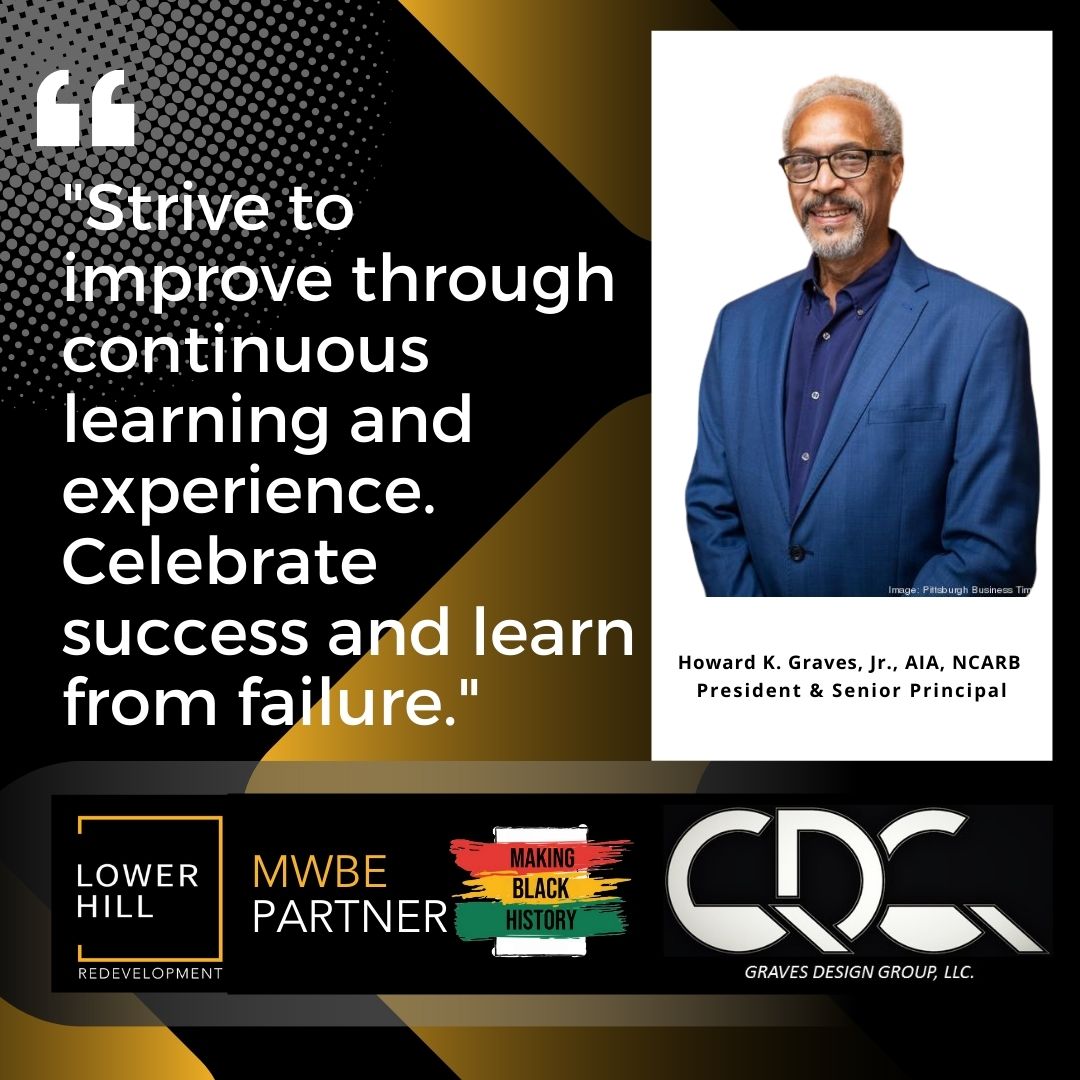
 RSS Feed
RSS Feed

